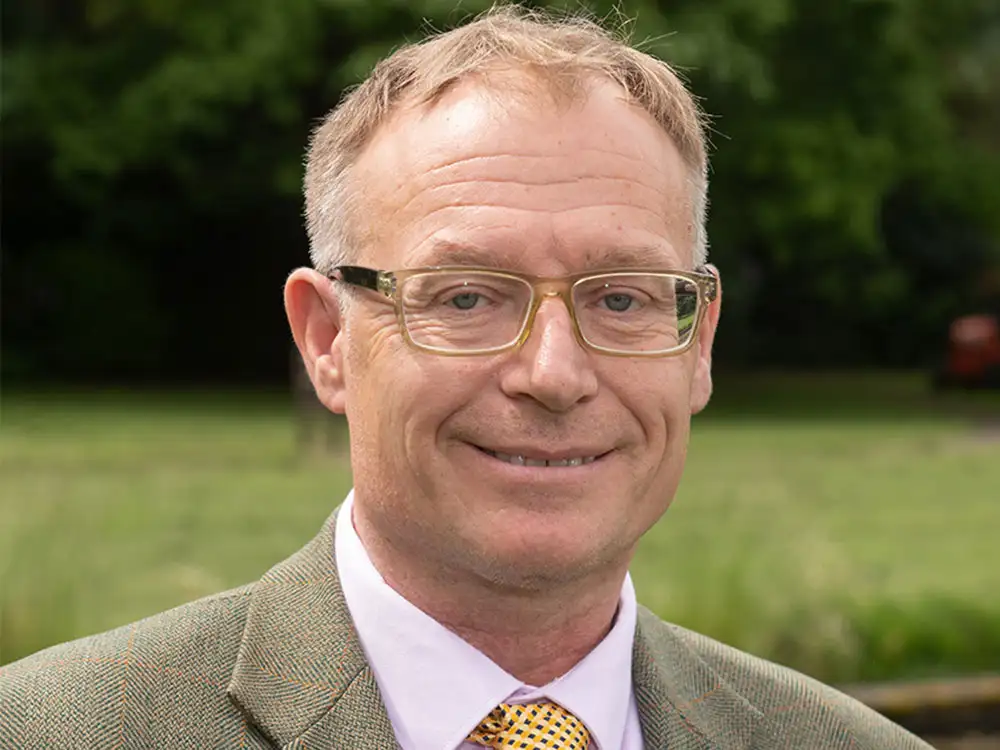Council chiefs have accused the Government of ‘cherry picking’ urban authorities for extra funding and leaving rural authorities in a perilous financial position by cutting their grants.
Leaders at North Yorkshire Council have warned of ‘very difficult choices ahead’ after calculating a further shortfall of almost £6.5m due its local government funding settlement.
The council says it is already having to plug gaps left by the loss of the £14.3m rural services delivery grant and a further £7m shortfall from increases in employers’ National Insurance contributions.
The council’s deputy leader, Cllr Gareth Dadd, said the settlements, announced by Ministers this week, had seen funding diverted from rural councils to those covering towns and cities.
“It seems that rural councils are being left at a distinct disadvantage to their counterparts in more urban areas as Ministers have taken the decision to target more funding towards towns and cities.
“We simply cannot let this financial divide between rural and urban councils grow, as there needs to be a fair approach for local government funding across the whole country.”
Cllr Dadd said the authority was “committed to providing the best value that we possibly can for North Yorkshire’s taxpayers”.
But he added: “We are now faced with some very difficult choices for our budget for the next financial year.”
Ministers say the provisional finance settlement will provide £69bn for councils across the country, a real-terms increase of 3.5 per cent from 2024/25 — with no councils seeing a reduction in their core spending power.
The settlement includes an extra £200m to help with spiralling social care costs and a £600m recovery grant for areas deemed to be most in need.
But the County Council Network (CCN), which represents three county councils and 13 county unitary authorities across the country, says its members are now worse off than before the Government’s autumn budget.
Cllr Barry Lewis, CCN vice-chair, said: “While we welcome the government providing a further £200m for social care, the provisional local government finance settlement confirms our fears that the government is unfairly cherry picking which councils deserve the greatest financial support next year.”
Rural councils argue that while the recovery grant has been allocated based on levels of deprivation, their sparsely populated communities mean providing services is far more costly with each hour of social care in North Yorkshire costing up to £5 more than elsewhere.
Cllr Lewis added: “By targeting the £600m recovery grant on metropolitan and urban councils, the Government is ignoring the fact deprivation is not the only driver of councils’ costs nor the key indicator of which councils are under the most financial distress.
“Instead, it is demand and market failure across adult and children’s social care and special educational needs services that are pushing councils in all regions and of political control to the brink.”
Announcing details of the funding settlement this week, Deputy Prime Minister, Angela Rayner said: “Local leaders are central to our mission to deliver change for hard-working people in every corner of the country through our plan for change, and I know our councils are doing everything they can to stay afloat and provide for their communities day in day out.
“We won’t take the easy option or shy away from the hard work needed to rebuild a more effective and efficient system.
“These kind of reforms won’t happen overnight, but we are determined to deliver fairer funding, ending postcode lotteries meaning everyone gets the support from public services they deserve.”
The Government has announced a review of how councils are funded from 2026/27 with plans proposed for multi-year settlements to give local authorities greater certainty.
